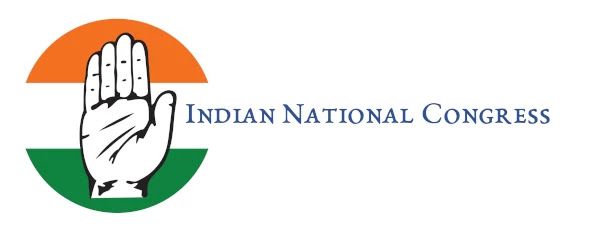Because of continuous internal and external failures, the Indian National Congress [INC], which was once significant and important in Indian democracy, has become insignificant. These vices include dynastic politics, ideological, and organisational weaknesses, which have eroded the party’s prospective status of a credible political player. This inability becomes a major problem because the party cannot modernize and adapt to contemporary problem solving by being less effective.
Nowhere is this more evident than in the INC for which dynastic political culture is almost the order of the day. This has favoured the Nehru-Gandhi family for decades while denying the party the change it needs through the promotion of competent leadership. For instance, even after the party’s continuous defeat in the previous general elections while under the presidency of Rahul Gandhi, it has not given any thoughts of change of leadership. This over indulgence of dependence creates blunders that alienate both party workers and voters thus negating the democratic nomenclature it parades.
The INC has a major disadvantage that it is ideologically an unclear organisation, it cannot be defined as either leftist or rightist party. Originally an advocate of socialism and pro inclusive growth, the party has had the tendency to flip flop for political demographics. For instance, during the UPA regime when the party was stressing on liberalism in economic policies they lacked policies against corruption like the 2G spectrum case. This confuses the voters and weakens consciousness as the party fails to provide a clear policy message regarding India's development.

One affects the INC and reduces its combat readiness: Enterprise inefficiency. It has had little success in strengthening its outreach to the masses and this has had repercussions in Uttar Pradesh and West Bengal to name but two examples. In Karnataka the INC failed in taking local issues at the right time and this led to enhancement of the base of BJP. This pathetic performance points to absenteeism of leadership and bad strategy that end up losing the party lots of political landmarks.
Finally, the INC has also not adapted to change in a rapidly changing political environment. It still relies on the traditional forms of communication and organization like its main competitor for today, the BJP, used effectively the opportunities of the internet and social networks, as well as grassroots mobilization. For instance, it has poorly organized social media campaigns, no strategy to deny fake news, and that is why it has been overtaken in the war of narratives. These structural shortcomings need to be corrected as soon as possible if INC wants to bring back its politico-strategic prominence in India.
Conclusion
In conclusion, the Indian National Congress can no longer afford to avoid its inherent problems in Indian politics. Dynastic politics, no clear and concise ideology, unorganised structure and failure to consider and employ sophisticated tactics have significantly eroded the strength of this party. All of these top issues call for prompt and proper response. To be sure, the INC needs to work for its future more than its storied past. The only way that it could repair the public’s trust and get back into the electoral majority is for the party to undertake a massive reform within the party system and fight for meritocracy in the party; the party also needs to have a clear strategic and visionary course for India.